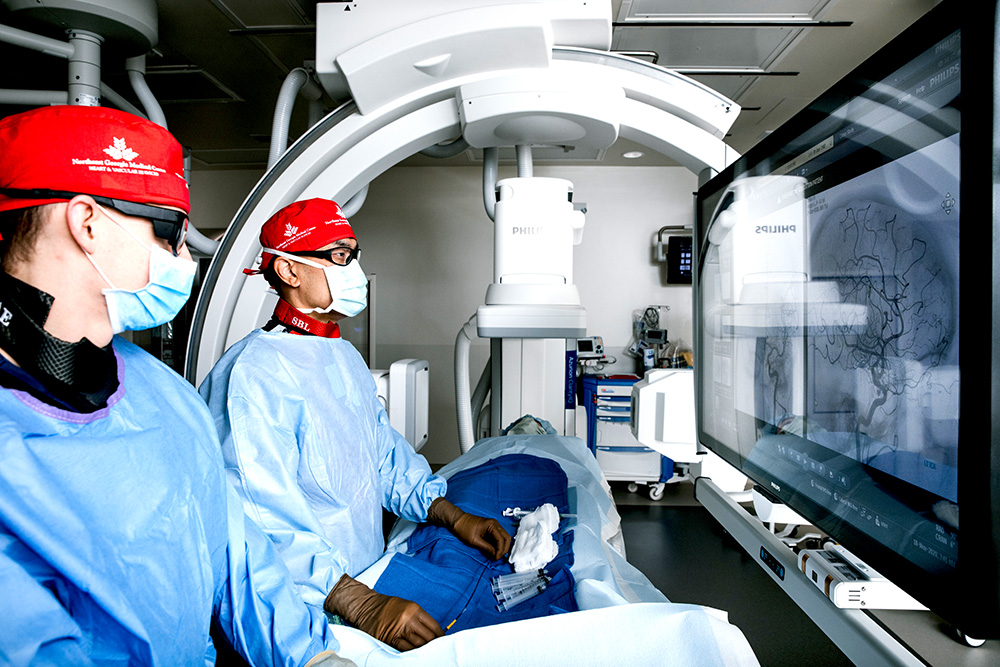Top Neurointerventional Surgery Benefits

The diagnosis and treatment processes addressing conditions affecting the brain, spine, and peripheral nerves are demanding. In some cases, surgical intervention is the most effective way to address diseases affecting complex and vital areas. The specialists at Link Neuroscience Institute employ neurointerventional surgery for delicate body parts. Neurointerventional surgery is a minimally invasive procedure that uses advanced image-guided techniques to operate intricately on the head, neck, brain, spine, and spinal cord. The procedure offers many benefits, including:
Smaller incision
Neurointerventional procedure requires a small incision, unlike open surgery. The specialist doesn’t need an extensive incision to see and operate on the complex structures. They make small incisions where catheters are inserted and guided using advanced imaging techniques to diagnose and treat neurological diseases. Smaller incision means you won’t have to deal with overwhelming wound care or worry about a conspicuous scar.
Fewer risks
Among the main reasons, many dread surgical interventions is the many risks and potential complications associated with the treatments. Concerns like bleeding, infections, tissue damage, shock (severe drop in blood pressure), and deep vein thrombosis can be life-threatening, which means many are exempted from invasive procedures.
Neurointerventional procedures considerably lower the risks and complications. The minimally invasive nature means less damage to surrounding areas. Moreover, the image-guided technique enhances precision, which makes it easier to accurately target, diagnose, or treat a given area and condition.
Less pain
Post-operative pain can be overwhelming. The pain can last even after the underlying issue is addressed. This can drive you to drug reliance. It is a reason many abuse drugs as they seek a pain-alleviating solution. Open surgery often requires a general anesthetic to minimize pain during surgery, but once it wears off, you can be in immense pain even with prescription medication. All the pulling and spreading done to allow the surgeon to see and operate causes disturbance that can cause considerable pain during recovery.
Neurointerventional surgery mitigates such pain since it does not affect a huge area or disturb the surrounding tissues. This is more so considering the complex nature of the spine, spinal cord, brain, and head, where a minor deviation can result in more pain and other health scares.
Faster recovery
Recovering from a surgical procedure can be overwhelming. The pain, surgical wound, and downtime can be more challenging than anticipated. This is not the case with neurointerventional surgery. Smaller incision means less overwhelming surgical site to care for during recovery. This also means faster recovery since a smaller operation field does not include significant damage to surrounding tissues. The recovery gets better with less pain and complication chances.
Neurological diseases may not respond to more conservative treatments like drugs and certain therapies. You may need more, and with modern techniques, you won’t have to undergo open surgery. Innovative minimally-invasive neurointerventional surgery can help address complex neurological diseases and deliver the same benefits traditional surgery does without the many concerns. Visit Link Neuroscience Institute today for more on neurointerventional procedures and how they can help address your neurological condition.
